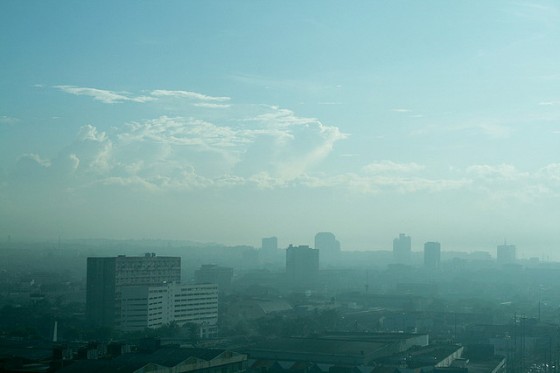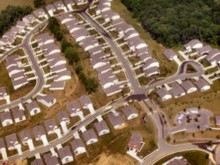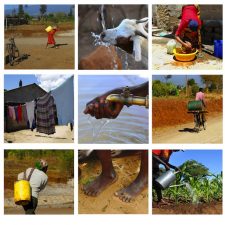How green are Israeli cities, really? This question might be asked by many; especially in light of its largest city, Tel Aviv (see photo), becoming so polluted that a tiny electric vehicle rental program is being tried out in an effort to reduce air pollution. Ground water in Tel Aviv and other parts of the country is polluted as well.
Overall air pollution in Israel has now reached a state that the World Health Organization WHO recently gave Israel the “distiction” of having some of the world’s most polluted air.
In a recent assessment. WHO’s Ambient (Outdoor) Air Pollution in Cities Database for the year 2014 ranked Israel as being one of the most air polluted countries with high concentrations of PM10 and PM2.5, or air particles with a diameter of 10 microns and 2.5 microns or less. Israel tied with Chile and Sri Lanka as being 22nd out of 91 countries in which the assessment was made.
Afghanistan topped the list, despite having large areas that are relatively remote from large population centers.
The WHO survey gave the relatively new city of Modiin and coastal city of Ashkelon the worst air pollution scores.
Dr. Flavia Bustreo, WHO assistant director-general for family, children and women’s health, noted in the report that “too many urban centers today are so enveloped in dirty air that their skylines are invisible.”
Dr. Bustreo added that this type of environment is dangerous for persons with respiratory problems; especially for elderly people and children.
The highest levels of PM10 air pollution were measured in the eastern Mediterranean region, followed by southeast Asia.
Two industrialized Western countries that scored surprising good scores for PM10 and PM2.5 levels were the UK and the USA. The UK registered 21 micrograms of PM10 and 14 micrograms of PM2.5 per cubic meter; and the US scored 20 micrograms of PM10 and 12 micrograms of PM2.5.
Israel, by contrast, has PM10 nationwide levels of 64 micrograms per cubic meter (more than three times the accepted WHO standard); and 23 micrograms of PM2.5 per cubic meter.
Both of these amounts are many times higher than international accepted standards.
Despite WHO’s poor assessment of Israeli air, there is some encouraging news. The Israeli cites of Ashdod, Holon, Kfar Saba and Rishon Lezion have won local awards as Israel’s largest green cities. The designations were given during Israel’s International CleanTech 2014 conference.
During a two month study, 11 environmental categories were judged for Israeli cities and local authorities. These categories included energy efficiency and reduction of greenhouse gasses, recycling and trash separation, water and sewage, encouraging use of public transportation, green building construction, gardening; and environmental education. Information gathered was combined with information already available from the Environment Ministry.
One questionable finding which confuses us is that in the category of the greenest small- to medium-sized cities included the city of Modiin, one of those considered as having the worst levels of air pollution by the aforementioned WHO study.
Perhaps the WHO study’s samples of air in this city were taken during a particularly high pollution level day; or vice versa for the local environmental study.
In any case, it appears that overall air quality in Israel, especially in major cities like Tel Aviv, Haifa, and Ashkelon, needs a lot of improvement to meet standards in other industrialized countries; especially the USA and UK.
More on pollution:
New Renault Twizy Electric Car Being Tested in Tel Aviv Rental Share Plan
“Leasemobiles” Take Over Israel’s Crowded Roads
Tel Aviv water wells polluted from contamination




As a progressive nation that Israel is, I’m surprised they haven’t already established a system of recycling all or most of their pollution That would certainly be a great example to the World to do the same.